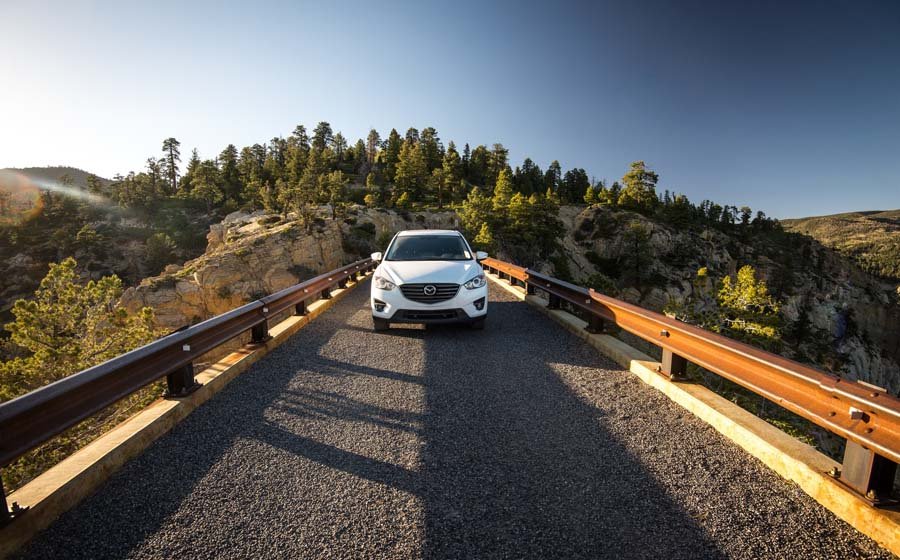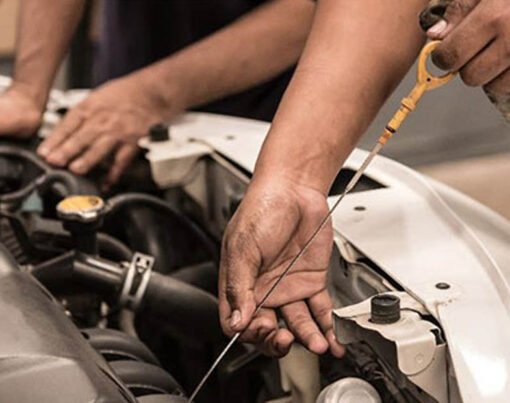Nissan Motor Co., Ltd has been manufacturing automobiles named Datsun since 1914. In 1930, Nissan was founded as a brand that offered budget cars. Over 5.6 million Nissan vehicles were sold worldwide in 2018; Nissan is the world’s largest maker of electric vehicles (EVs). Additionally, it was the largest car manufacturer in North America in 2014. Nissan is also known for its high safety, reliability, and value like other Japanese car manufacturers.
Table of Contents
What is a Nissan VIN?
The Nissan VIN is a 17-digit code, and each digit is unique. Vehicle identification numbers (VINs) are similar to personal identification numbers (or social security numbers). Car manufacturers first used a primitive VIN in the 1950s, but the current standard was not adopted until the 1980s.
You can avoid scams, mileage rollbacks, and other problems when buying a used car by ordering spare parts for your Nissan, or registering for maintenance. A VIN (vehicle identification number) search can help you do that.
Nissan VINs: how do they work?
Nissan VINs include manufacturing details. The code is only generated randomly in a small portion to prevent Nissan vehicles with identical VINs from being sold.
The Nissan Vehicle Identification Number (VIN) is made up of three parts:
A WMI is three-character number that indicates which manufacturer built the car. For example, Nissan VINs can begin with either JN1 (for the European market, produced in Japan) or 5N1 (for the American market, produced in the United States).
The Vehicle Descriptor Section (VDS) of a vehicle’s VIN consists of five characters that describe the equipment and specifications of a car. The first character identifies the type of engine used by the car, while the second character specifies its body type. The third character refers to the transmission type, and other characters describe colors, options and trim levels. Nissan VIN decoder can reveal what kinds of Nissan vehicles are hidden behind the numbers.
There is also a Vehicle Identifier Section (VIS), which includes the model year, a serial number and a check digit.
Nissan VIN: where can I find it?
Car manufacturers stamp the vehicle identification number (VIN) in multiple locations to help prevent mismatched parts and various scams. Each brand chooses its favorite area to stamp VINs, even though there are a few common areas. For example, Nissan cars have the following VINs:
- Look behind the windshield on your dashboard.
- The pillar of the driver’s door
- Engine bay firewall
- Registration documents
When you buy a used car, check all the following spots: the VIN and the license plate. If there is any mismatch between the VIN and the license plate or if there are no plates at all, it might indicate that your car has been in an accident or that it was stolen. This should be reported to the police so that no problems occur later.
What are the benefits of checking the Nissan VIN history?
A full vehicle history report can provide you with a lot of valuable information. In addition to police databases and insurance companies, there are several other sources of essential data. You can find out the following about your Nissan by simply entering its VIN at EpicVin website:
- It may be unsafe to drive a car that has been involved in major accidents in the past.
- Take a look at some historical photos of the car.
- The most common used car scam is odometer tampering, which is illegal in most countries.
- Check the maintenance history to find out when the last maintenance was performed.
- It checks the records of people who have been arrested or convicted of theft, fraud, or other crimes in dozens of countries.
- If the previous title was ex-police, taxi or rental car, it’s cheaper.
- Find out what options were included when the car was manufactured, and what options were added later by a previous owner.
Buying a used car is one of the most challenging purchases people make. Before buying a used Nissan, you should always have it inspected by an expert or at least have an expert with you when you check it out. A vehicle history report can reveal many potential problems, despite obvious mechanical problems.










